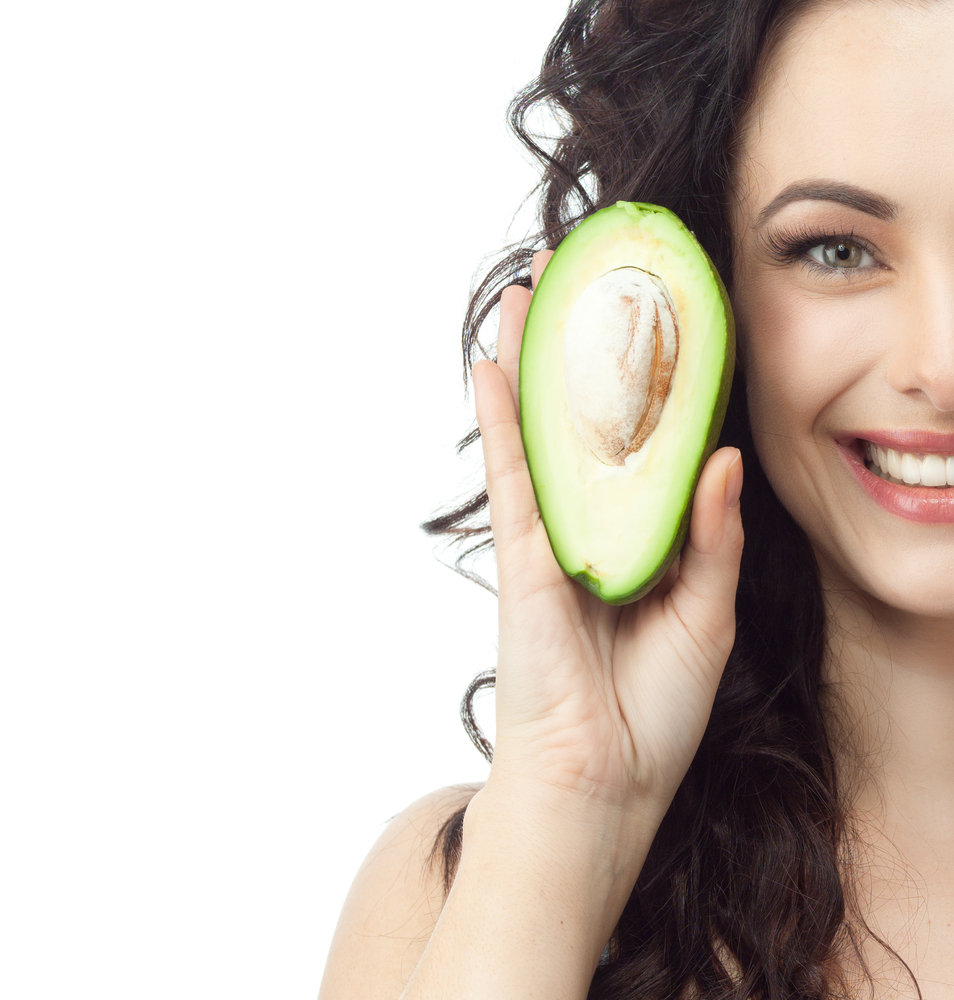1. Seafood for smooth, clear and glowing skin
Most of you have heard that fish can be really good for your overall health. Several types of fish and shellfish can also work wonders for your skin, especially fatty fish and oysters. Increased omega-3 intake can reduce inflammation and dryness. Inflammation can cause skin to age faster, plus, research shows that getting too little omega-3 fatties may contribute to inflammatory disorders such as eczema and psoriasis. Omega-3 fatty acid can also help keep your heart’s arteries clear and as a result improve circulation. Good circulation is vital to skin health. Zinc can help fight acne as it is involved in metabolism of testosterone that affects the production of an oily substance causing sebum, a number one cause of acne. Zinc also takes a part in production of new cells and gets rid of dead skin. It gives the skin a nice glow. Salmon: The omega-3 fatty acids found in salmon shield cell walls from free-radical damage caused by Ultra Violet rays, according to a 2011 study. Researchers studied the eating habits of more than 1,200 Australian adults for approximately 5 years and found that for those who ate a little more than five ounces of omega-3-rich fish, for example, salmon, each week the development of precancerous skin lesions decreased by almost 40 percent. Aim to eat 2 servings of fatty fish each week. Tofu: Tofu may help to preserve firming collagen, a fibrous protein that keeps skin firm, since it is rich in isoflavones. One study showed that people who eat isoflavones and are exposed to ultraviolet radiation have fewer wrinkles and smoother skin than those who are exposed to UV light but do not get isoflavones. The experts believe that isoflavones help prevent breakdown of collagen.
Sardines: Sardines are one of the healthiest foods you can consume. They are packed not only with the omega-3s but also with vitamin D, which is found naturally in a few foods.
Tuna: Tuna, as other omega-3-rich fish, helps keep your skin looking young and prevents skin cancer. One of the omega-3 fats in fatty fish has been shown to preserve collagen and helps to prevent skin cancer by reducing inflammatory compounds that can promote tumor growth.
2. Coffee and tea
Drinking a single cup of coffee a day might lower the risk of developing skin cancer. In one study of more than 94,000 women, females who drank a cup of caffeinated coffee per day reduced their risk of developing skin cancer by about 15 percent. In fact, the more they drank (up to about 5 cups per day) the lower was their risk. Caffeine basically kills precancerous and uv-damaged skin cells by blocking a protein which they need to divide.
3. Citrus fruits for smooth and taut skin
The active component Vitamin C is a main ingredient of tons of skin care creams. This vitamin aids in the body’s production of collagen, a protein which forms the basic structure of the skin. Collagen breakdown starts speeding up significantly after the age of 30 and leaves your skin saggy. Taking in extra vitamin C in foods like oranges, Acerola cherries and grapefruits can help prevent wrinkles by tightening your skin. A single Acerola has 100 percent of the needed daily amount of vitamin C. This vitamin also fights inflammation since its antioxidant properties can neutralize the free radicals, highly reactive oxygen molecules which damage cells and can prematurely age your face.
Pink Grapefruit: This grapefruit gets its pink hue from a carotenoid lycopene, which can help keep your skin smooth. In a study published in 2010, researchers found that of the 30 individuals studied, those who had consumed higher concentrations of lycopene had smoother skin.
4. Red vegetables for bright and smooth skin
Skin is the largest organ of the body. It makes sense, that everything good for the whole body is also good for your skin and it does not get much better than vegetables. You should especially want to look for red and orange vegetables like tomatoes, carrots and sweet potatoes. Orange and red veggies are full of beta carotene. Your body converts this type of carotene into vitamin A that acts as an antioxidant, preventing premature aging by preventing cell damage. In the case of vitamin A, you also get anti acne remedy that is why vitamin A has been used in acne medications for many years. Tomatoes: Consuming more carotenoid lycopene, which makes tomatoes red, can protect your skin from sunburn. In recent study, participants who were exposed to UV light had almost 55 percent less skin reddening after they ate 3 tbsp of tomato paste in addition to the regular diet, for 11 weeks. However, supplements did not seem to be as effective- in the same study, people who received a lycopene supplement or synthetic lycopene were not significantly protected against sunburn. Red bell peppers: A medium-size red bell pepper supplies you with more than 100 percent of the daily value of vitamin C. Eating more foods rich in vitamin C may help to protect skin cells from the sun’s harmful rays as study suggests that vitamin C can promote the repair of DNA which has been damaged by UV rays. Carrots: they contain the carotenoids and lycopene. Both of them can shield your skin against damage.




